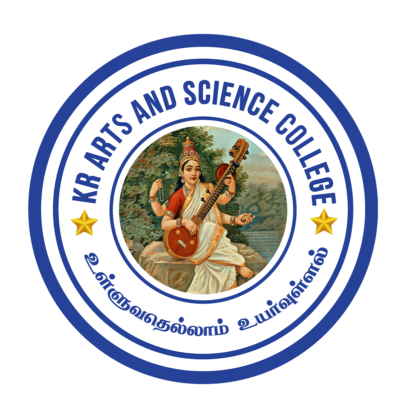- Home
- About
- Departments
 Department of Tamil
Department of Tamil
 Department of English
Department of English
 Department of Commerce
Department of Commerce
 Department of Computer Science
Department of Computer Science
 Department of Physical Education
Department of Physical Education
 Department of Chemistry
Department of Chemistry
 Department of Home Science
Department of Home Science
 Department of Aviation Management
Department of Aviation Management
 Department of Mathematics
Department of Mathematics
 Department of Criminology and Police Administration
Department of Criminology and Police Administration
 Department of Artificial Intelligence
Department of Artificial Intelligence - Clubs
- Contact
- Get Education Consultation
- Secure Your Seat

 Department of Tamil
Department of Tamil